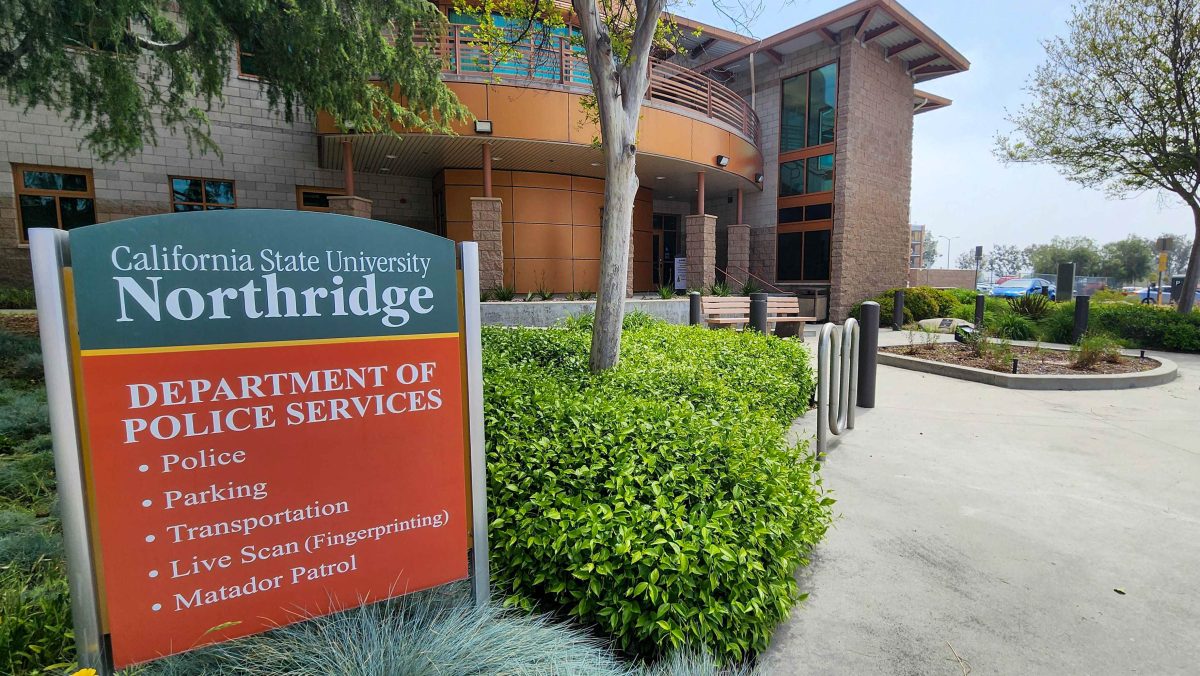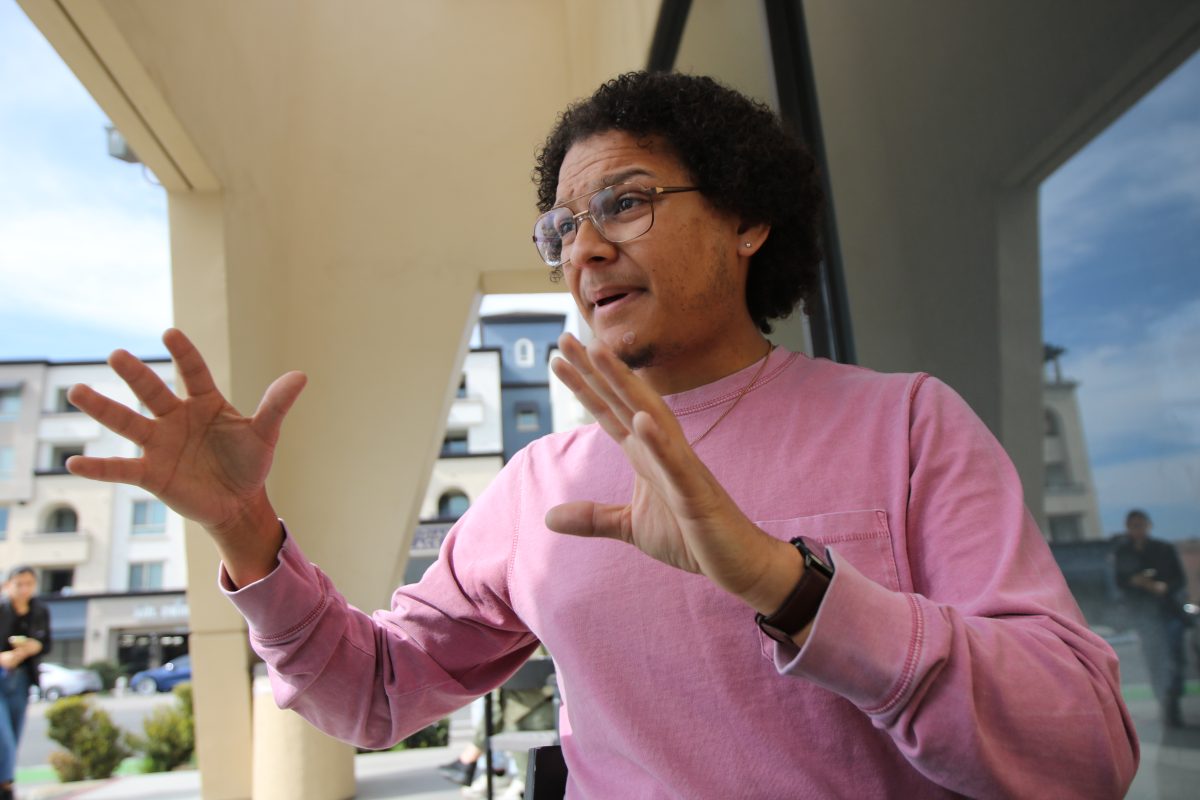
Students demanded a question and answer session with CSU Chancellor Charles Reed in an event held at CSUN. Reed obliged.
“CSU: in the next 50 years” addressed education issues at the conference held at the Valley Performance Arts Center.
CSUN hosted a day of discussions regarding education policies of the CSU system. Among faculty, staff and other educators from various CSU campuses, Senator Alex Padilla (D-San Fernando Valley) and CSUN President Jolene Koester gave speeches at the event.
One of the most talked about issues throughout the day was the California education budget crisis.
Reed addressed some of the major cuts that have been applied to the state budget.
“California is about to have a big train wreck,” Reed said.
The California State University system is facing a $500 million budget reduction.
Another topic touched on by Reed upon was the state and its relationship to higher education.
“We need to have the legislature and governor prepare to reinvest in the CSU,” Reed said.
At the start of Reed’s speech, Students for a Quality Education (SQE) members wearing white T-shirts that read Student Q&A Demanded arose from the top rows of the lecture hall and walked towards the bottom level. Once Reed concluded his speech, the protestors returned to their seats.
Padilla said protests are sometimes necessary to get their message heard.
“But ultimately solutions come when there’s substantive dialogue,” Padilla said. “It’s not just a matter of identifying the problem. It’s working together to come up with a solution.”
Reed said although many decisions affecting the CSUs are made at the state level the students’ voices could still be heard.
Reed said students could write to their legislators and elected state officials.
“Students can visit legislators in their home district,” Reed said. “Legislators come home every weekend. They have local offices.”
In a private meeting, students from CSUN, Cal State Sacramento and Fullerton questioned Reed on topics such as, California tax revenues and demanded the CSU board of trustees meetings be more accessible to students. They also called for his resignation.
“I work everyday in what is the best interests of faculty, students and staff,” Reed told the crowd of students. “I do what I can to move this university (system) forward. I know everyone feels some pain. I worry about students first.”
SQE members were insistent he have more meetings with them.
Reed agreed to meet again with student demonstrators “if (he) had the chance.”
As CSUN police escorted Reed off campus in his vehicle, a few unidentified SQE members tried to block his car from leaving. Campus police quickly cleared the vehicle’s path.
After the lunch break, panelists from different CSU campuses commented on their areas of expertise.
In the P-12, Community Colleges, and the CSU panel, Nancy Shulock, professor and exective director for the Institute for Higher Education Leadership and Policy at CSU Sacramento spoke on the areas of education that will change in the next 50 years. The three areas that will shift are leadership in education, data analysis of teachers, institutional structure.
Thomas McCarron, CSUN vice president of administration and finance, discussed strategies to fund the CSU.
McCarron proposed an idea for a different tuition model which will be based on per unit fees rather than the current fee schedule.
“Why is it suitable for seven units to cost the same as 21 units?” McCarron said.
He suggested more online or hybrid classes.
“It’s less dependency on building and mortar,” he said.
In the Serving the Students, Serving the State panel, Richard Moore, professor of management in the college of business and economics at CSUN, said the admission process should be altered and more focus should be given to graduation rates rather than the admission numbers.
In the last panel, Terri Yamada, professor of Asian American studies and California Faculty Association president at CSU Long Beach, directed the conversation to relationship technology and instruction.
“(Is) the relationship of Facebook friends the same as friends (in real life)?” Yamada said.
Ending the day, Provost Harry Hellenbrand summarized and concluded the conference with a simple statement.
“We’re really camouflaging the issue from ourselves,” Hellenbrand said. “We say it’s money but money is not the whole deal. It’s how we orient ourselves as a society, a system, as a university.”
Reporting by: Reanna Delgadillo / Senior Reporter and Brian De Los Santos / Staff Reporter





